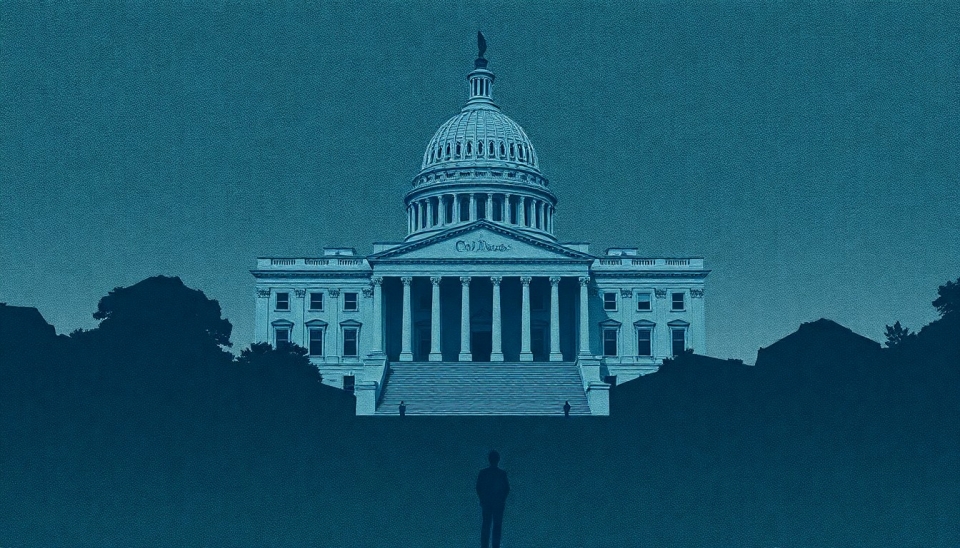
In a significant turn of events in the complex world of cyber warfare, China has publicly accused US-based hackers of launching a major cyberattack on its infrastructure. This incident marks a dramatic escalation in the ongoing digital espionage game that has been exacerbating tensions between the two superpowers. The announcement has revealed a new frontier in spy activities, as both nations engage in an escalating cycle of cyber confrontations that threaten global security.
The Chinese Ministry of State Security (MSS) held a press conference where they laid out their findings, claiming that a faction of American hackers, allegedly linked to the US government, was responsible for breaches that targeted critical sectors including energy, finance, and communication. Chinese officials asserted that these actions was not only targeting local networks but aimed at destabilizing China's economy and societal order, thus branding the hackers as a significant threat to national security.
This public accusation represents a rare instance of China openly naming its adversaries in the sphere of cyber operations, which adds a layer of complexity to the already strained diplomatic relations between Washington and Beijing. Historically, nations have refrained from directly attributing cyberattacks to specific actors, preferring to operate in the shadows, partly due to the ambiguous nature of digital warfare and the lack of definitive proof required to make such claims. However, as cyberattacks increase in frequency and severity, governments are beginning to adopt more confrontational stances.
The MSS's revelations also coincided with an ongoing conversation in international circles regarding the need for more robust cybersecurity measures and the delineation of acceptable behaviors in cyberspace. Analysts believe that this incident could lead to a re-evaluation of cyber norms, potentially initiating discussions around creating a framework akin to arms control, specifically focused on cyber capabilities and espionage.
In response to the allegations, the US government has yet to formulate an official stance. However, experts speculate that Washington might either deny the accusations outright or attempt to deflect blame by citing China's own aggressive cyber activities, which have been documented over the years. This tactic often serves as a defensive mechanism to navigate through the accusations while also reinforcing that cyber espionage is a two-way street.
The growing visibility of cyber operations in diplomatic discussions raises crucial questions about accountability and international conduct in cyberspace. As countries wrestle with the implications of these revelations, the global narrative surrounding cyber warfare is poised for a potential shift. It compels nations to consider long-term strategies to protect their cyber infrastructures while also engaging in dialogues that can mitigate the risks of escalation into physical confrontations.
The incident could catalyze a range of responses from both countries, including further cyber retaliations or international coalitions seeking to craft an understanding on cyber warfare conduct. As nations grapple with these accusations, the predictions about the future of global cybersecurity remain uncertain.
The ramifications of these developments underscore the need for businesses, financial institutions, and governments to fortify their defenses against potential retaliatory cyber activities. Adequate preparation and resilience in the face of such threats could determine the vulnerability of various sectors, both in the US and China, as the lines between national security and corporate cybersecurity continue to blur.
As the international community remains attentive to this evolving situation, it is evident that cyber espionage has become a hallmark of modern geopolitical tensions, further complicating diplomatic relations between the world’s leading powers.
In conclusion, the landscape of international relations is changing, with cyber warfare taking center stage. Nations must recognize the growing importance of cybersecurity and understand the implications of revealing state-sponsored cyber activities. The vigilance to protect sensitive information and maintain diplomatic peace is more critical now than ever.
#Cybersecurity #Espionage #USChinaRelations #Hackers #TechNews #InternationalRelations #CyberWarfare
Author: Liam Carter




